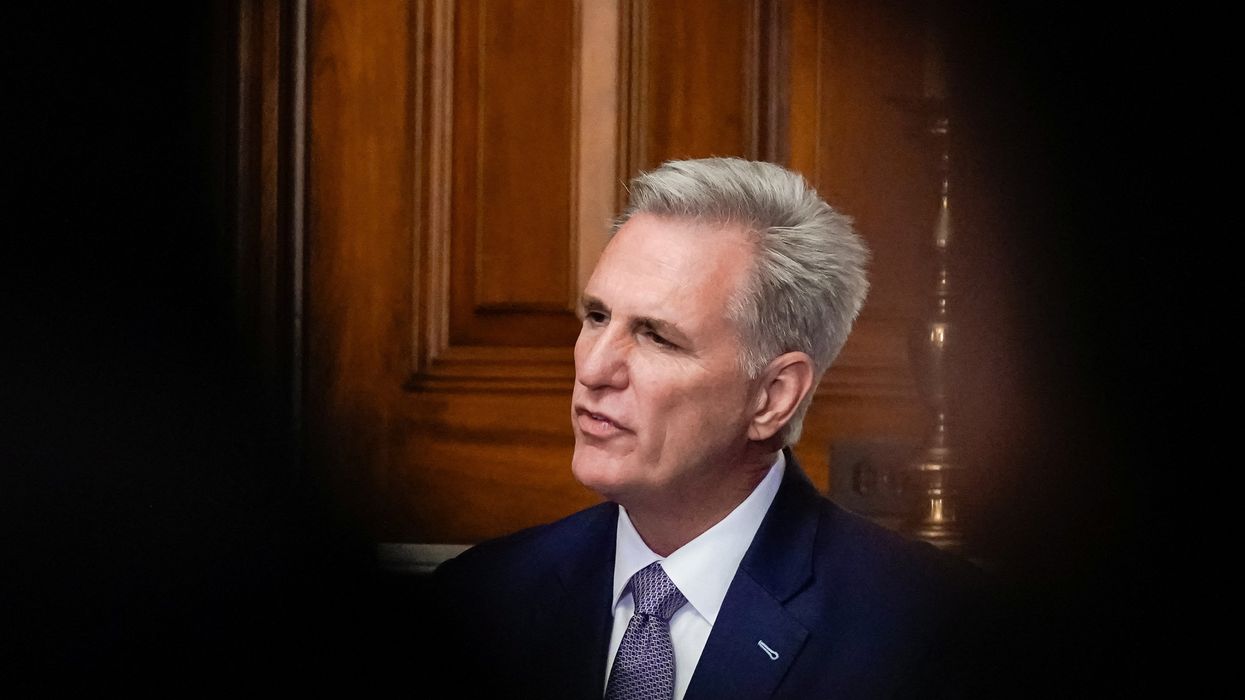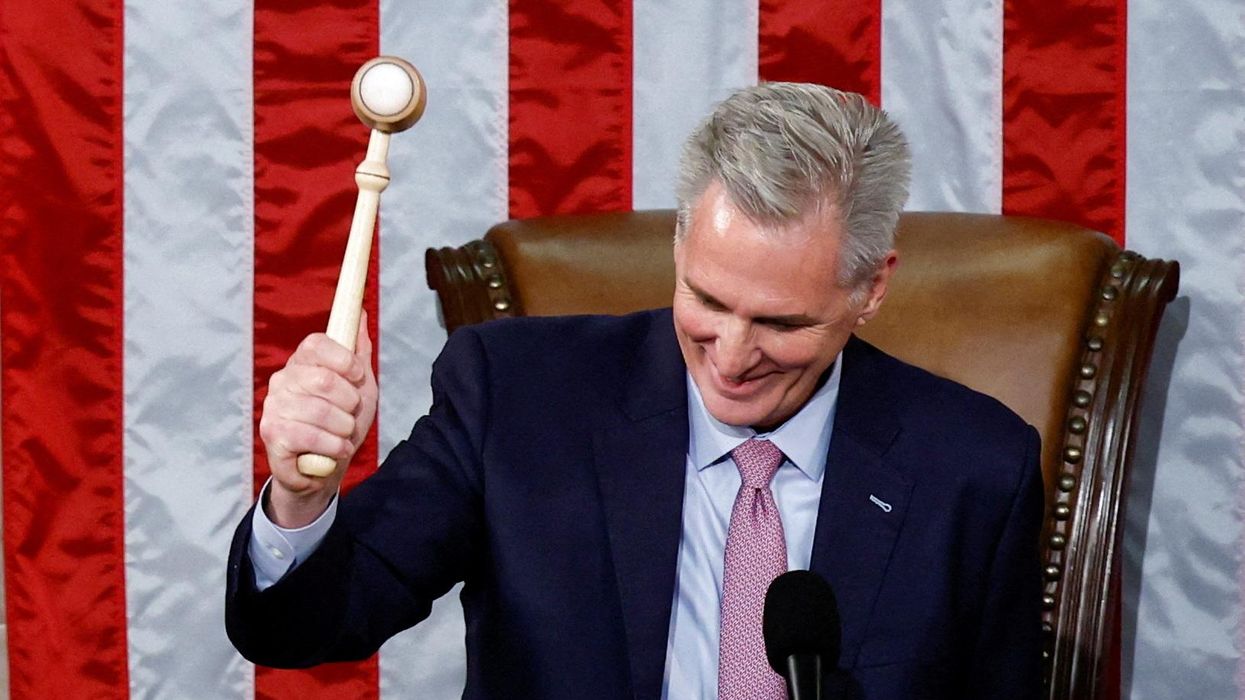GZERO North
The toughest job in America?
House Speaker Mike Johnson faces a battle to retain the gavel as he attempts to navigate between Democrats and an increasingly fractured GOP with rabble-rousers like Rep. Marjorie Taylor Greene raising objections to foreign aid and threatening his job.
Apr 18, 2024




